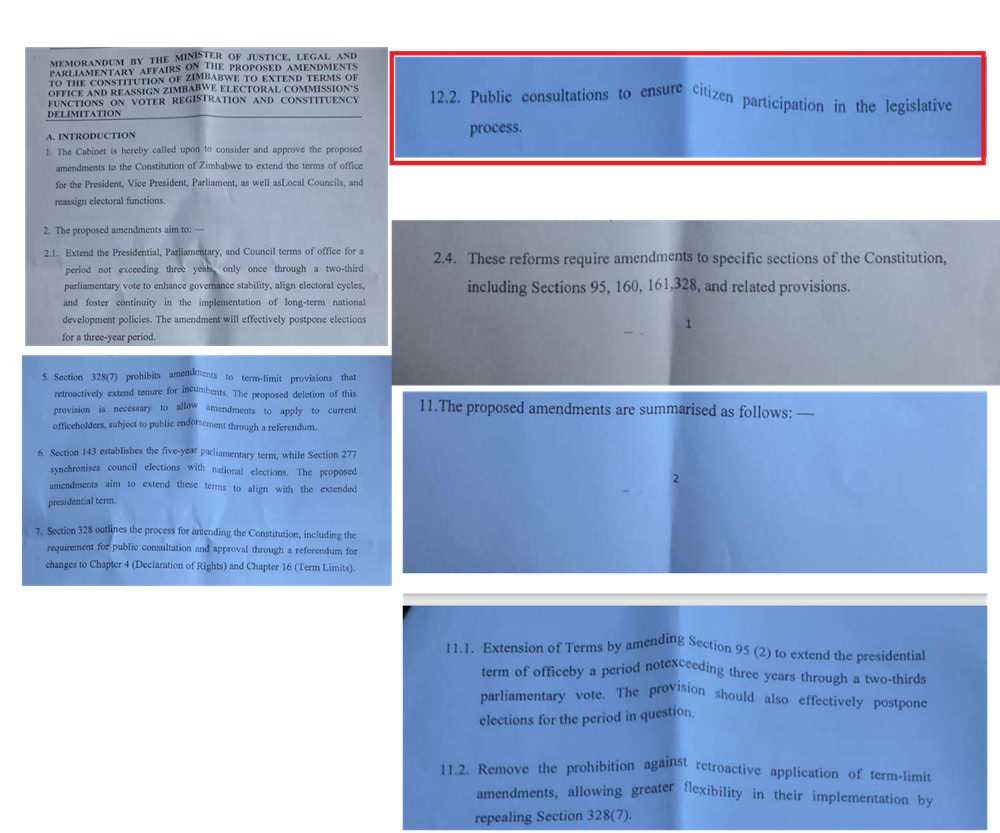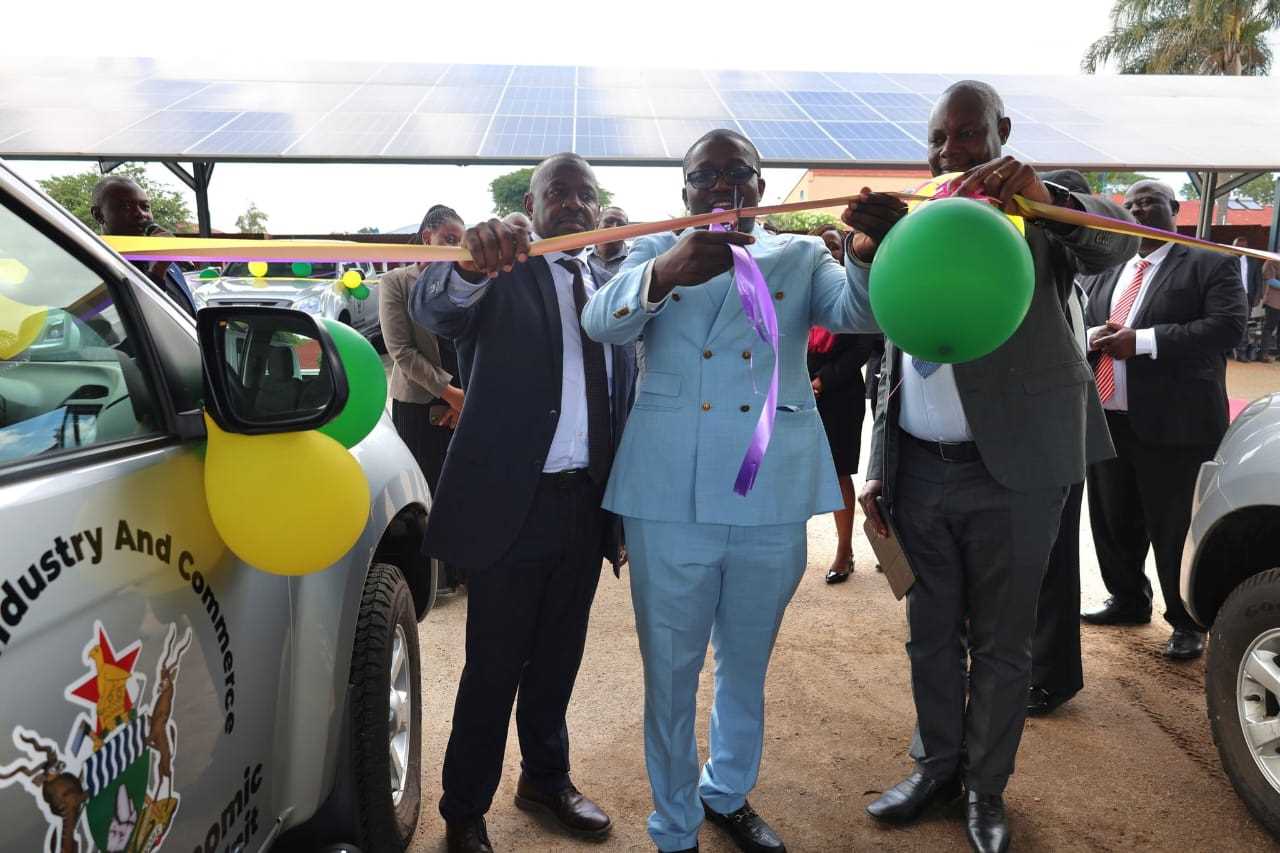
ZimNow Reporter
A top lawyer has said that there is still a chance for citizens to derail President Emmerson Mnangagwa’s move to stay in power beyond his mandated 2028 through a constitutional amendment.
“This is a constitutional coup. An attempt to usurp power by evading clear conditions for an extension, which include a referendum,” said the lawyer, who declined to be named, citing security concerns.
This comes after a document shared on social media shows that Justice Minister Ziyambi Ziyambi is proceeding with official moves for parliamentarians to push through constitutional amendments that will see the current legislators — and by extension, President Emmerson Mnangagwa — extend their term by two more years without a single vote from the public.
The lawyer said while the 2030 movement has cemented its backdoor legal trick designed to keep the same faces in power until 2028 by dodging a referendum, the public can still make their voices heard.
“They are not able to evade public consultation. What they will do is try to engineer the meetings so that only pro-2030 speakers will present themselves for the record. Zimbabweans need to become fully engaged and turn up to express their views in maximum numbers at all such meetings,” said the lawyers.
He said Zimbabweans must use social media to keep each other informed and convince everyone to practice their civic duty by turning up and speaking up.
He said such meetings are open to the public, and anyone can attend.
However, the lawyer warned Zimbabweans not to use the platforms for protests of any sort.
“People must just turn up, follow proceedings, and observe the law. Trying to hijack the process will divert the fight to cheap social media fame instead of all of us focusing on saying no to this constitutional coup,” the lawyer said.
Under Zimbabwe’s 2013 Constitution, any amendment affecting term limits or the duration of Parliament requires a referendum — a direct vote by the people.
That’s spelled out in Section 328. But instead of respecting that democratic safeguard, this proposed bill tries to sidestep it.
By arguing that the extension “doesn’t technically alter” term limits, Ziyambi focuses on Section 143, which allows Parliament’s life to be extended during emergencies — but only under strict conditions.
Related Stories
No national crisis has been declared.
ZANU-PF, which dominates Parliament with a two-thirds majority, has the numbers to push this through. The majority of the opposition legislators are happy with the move, as they are likely to lose any new polls after the splintering of CCC and the exit of Nelson Chamisa.
But numbers don’t equal legitimacy. Section 158(1) already gives the president wide discretion to set election dates — now this bill opens the door to indefinite delay. Elections could be postponed under vague claims of “national stability” or “reform.”
What this means in real terms:
• No set election date.
• No input from voters.
• No consequences for failure.
Mnangagwa came to power in 2017 promising to break with the past. “The voice of the people is the voice of God,” he said after Robert Mugabe’s ouster.
But now, he seems to be taking pages straight from Mugabe’s old playbook: change the rules, silence dissent, and tighten the grip on power.
The government claims the extension is necessary for “economic recovery” and “electoral reform.”
Which is ironic considering that Mnangagwa has had more than seven years in power and has made no move on electoral reform.
Constitutional lawyer Lovemore Madhuku has already said the move is unconstitutional and should be legally challenged.
But with the independence and neutrality of the judiciary under question, many Zimbabweans are doubtful that the courts will stop Mnangagwa and his allies.




















Leave Comments